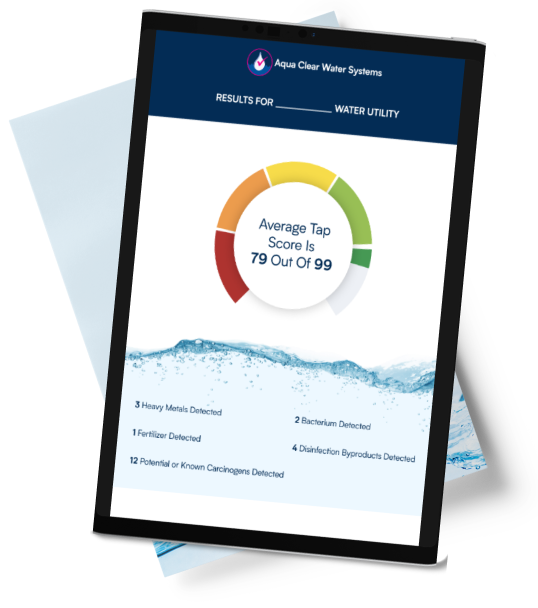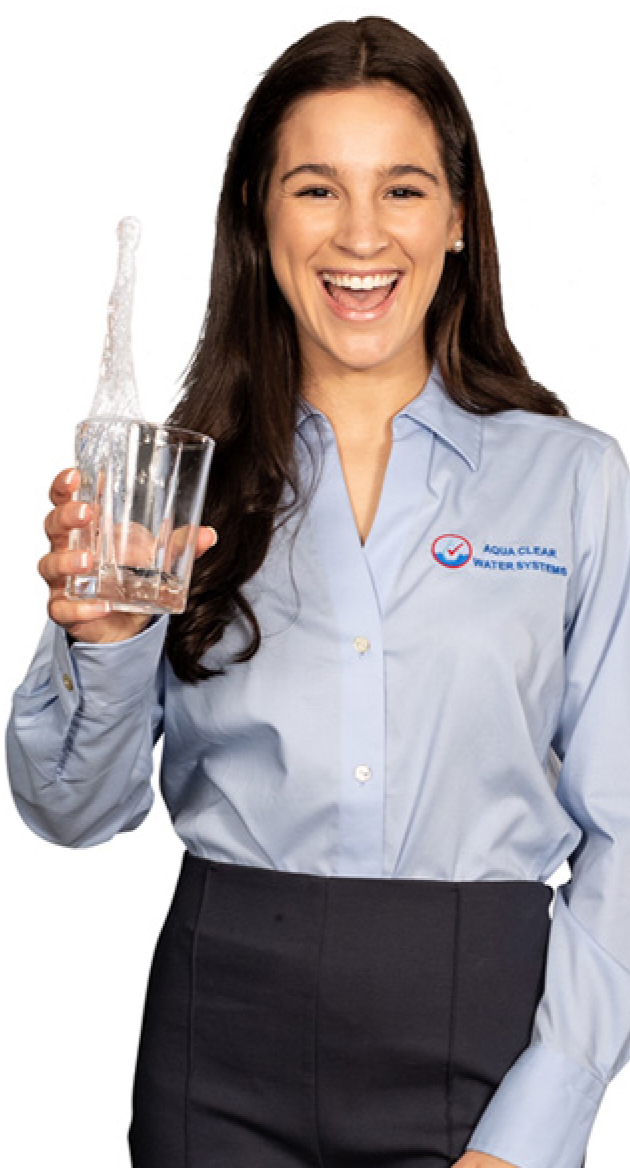The difference between hard and soft water goes beyond taste, it’s about what’s inside your water and how it affects your home, health, and everyday life.
Hard water is formed when water travels through rocks and soil, dissolving minerals like calcium and magnesium along the way. In contrast, soft water contains few of these minerals. Only about 15% of the USA and 35% of the UK have naturally soft water, which is why water softeners are such a common solution in households and businesses.
While hard water is safe to drink, many homeowners install water softeners to protect plumbing, appliances, and even their skin and hair. Let’s look at exactly what a water softener removes, how it works, and the benefits and drawbacks of soft water.
What Does a Water Softener Remove?
A water softener primarily removes the calcium and magnesium ions that cause hardness. These minerals are exchanged for sodium (or sometimes potassium) ions through a process called ion exchange.
This process doesn’t just stop at hardness minerals, it can also help with:
- Iron (in small amounts): Many softeners can reduce staining from low levels of iron.
- Scale deposits: Prevents limescale buildup inside pipes, faucets, and water heaters.
- Soap scum: Softened water reduces soap film and residue on dishes, showers, and sinks.
Do Water Softeners Remove Calcium and Magnesium?
Yes, that’s their main purpose. But don’t worry, losing calcium and magnesium in your water won’t affect your health. These minerals in drinking water account for a tiny fraction of your daily intake.
Most people get their calcium and magnesium from foods like:
- Calcium: milk, cheese, yogurt, leafy greens, fortified bread.
- Magnesium: nuts, seeds, legumes, and avocados.
So if you’re worried about nutrition, it’s better to focus on diet or supplements rather than relying on hard water.
Benefits of Soft Water
- Better Taste & Feel
Soft water often tastes smoother and more neutral. Many people notice that their coffee, tea, and even plain water taste cleaner. - Skin & Hair Care
Soft water is gentler, preventing dryness and irritation. It rinses shampoo and soap away more effectively, leaving hair shinier and skin softer. - No More Hard Water Stains
Soft water prevents cloudy spots on dishes, glassware, and shower doors. - Longer Appliance Life
Hard water scale clogs pipes and coats heating elements, forcing appliances like dishwashers and water heaters to work harder. Soft water helps them last longer and work more efficiently. - Lower Energy Costs
Without scale buildup, water heaters and appliances operate more efficiently, reducing energy bills.
Downsides of a Water Softener
- Sodium in Water: Softening adds small amounts of sodium. While usually safe, those on low-sodium diets may prefer potassium-based systems.
- Not a General Filter: Water softeners don’t remove lead, nitrates, bacteria, chlorine, PFAS, or other contaminants, that requires separate filtration.
- Wastewater Use: Regeneration cycles discharge brine, which may not be suitable for all septic systems or local regulations.
FAQ: Common Questions About Water Softeners
Why is soft water not suitable for drinking?
Soft water is safe to drink, but it does contain slightly more sodium. For most people this is negligible, but individuals with kidney issues or low-sodium diets may want an alternative.
What does a water softener get rid of?
Mainly calcium and magnesium, the minerals that cause hardness. Some units also reduce small amounts of iron and manganese.
What is the downside of a water softener?
Potential sodium increase, higher upfront cost, ongoing maintenance (salt refills), and brine discharge.
How much does a water softener remove?
It removes nearly all calcium and magnesium ions, reducing hardness to near zero grains per gallon (GPG).
Do water softeners require a lot of maintenance?
Not much, mainly keeping the brine tank filled with salt and scheduling occasional servicing.
Does a water softener help with mold?
No. Mold issues in plumbing are not caused by water hardness; they usually require cleaning and moisture control.
What is the lifespan of a water softener?
Typically 10–15 years, depending on usage, water quality, and maintenance.
Which is better: salt or salt-free water softeners?
- Salt-based softeners: True softening (ion exchange) and best for scale prevention.
- Salt-free conditioners: Reduce scaling but don’t actually soften water. They’re lower-maintenance but less effective in very hard water areas.
How much does it cost to service a water softener?
Annual servicing can range from $100 to $300, depending on the system and region.
Bottom line: A water softener is the most effective solution for removing hardness minerals, protecting plumbing, and improving water quality in your home. While not a replacement for full water filtration, it’s a smart investment for long-term savings, comfort, and efficiency.






